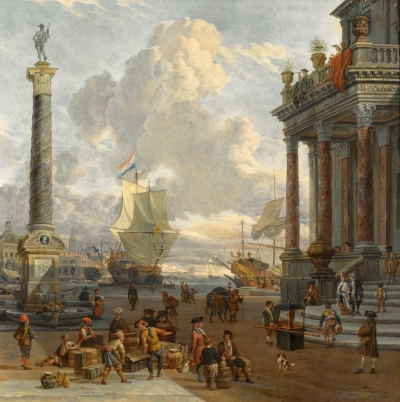Sudan's human rights record has been widely condemned. Some human rights organizations have documented a variety of abuses and atrocities carried out by the Sudanese government over the past several years under the rule of Omar al-Bashir. The 2009 Human Rights Report by the United States Department of State noted serious concerns over human rights violations by the government and militia groups. Capital punishment, including crucifixion, is used for many crimes. In September, 2019, the government of Sudan signed an agreement with the UN High Commissioner for Human Rights to open a UN Human Rights Office in Khartoum and field offices in Darfur, Blue Nile, Southern Kordofan and East Sudan. In July 2020, during the 20192021 Sudanese transition to democracy, Justice Minister Nasredeen Abdulbari stated that "all the laws violating the human rights in Sudan" were to be scrapped, and for this reason, Parliament passed a series of laws in early July 2020.
Economic sanctions are commercial and financial penalties applied by one or more countries against a targeted self-governing state, group, or individual. Economic sanctions are not necessarily imposed because of economic circumstances—they may also be imposed for a variety of political, military, and social issues. Economic sanctions can be used for achieving domestic and international purposes.The efficacy of sanctions is debatable—there are many failures—and sanctions can have unintended consequences.Economic sanctions may include various forms of trade barriers, tariffs, and restrictions on financial transactions. An embargo is similar, but usually implies a more severe sanction.
An embargo (from the Spanish embargo, meaning hindrance, obstruction, etc. in a general sense, a trading ban in trade terminology and literally "distraint" in juridic parlance) is the partial or complete prohibition of commerce and trade with a particular country/state or a group of countries. Embargoes are considered strong diplomatic measures imposed in an effort, by the imposing country, to elicit a given national-interest result from the country on which it is imposed. Embargoes are generally considered legal barriers to trade, not to be confused with blockades, which are often considered to be acts of war. Embargoes can mean limiting or banning export or import, creating quotas for quantity, imposing special tolls, taxes, banning freight or transport vehicles, freezing or seizing freights, assets, bank accounts, limiting the transport of particular technologies or products (high-tech) for example CoCom during the Cold War. In response to embargoes, a closed economy or autarky often develops in an area subjected to heavy embargoes. The effectiveness of embargoes is thus in proportion to the extent and degree of international participation. Embargoes can be an opportunity for some countries to develop self-sufficiency.
Since the mid-1990s, United Nations Security Council (UNSC) sanctions have tended to target individuals and entities, in contrast to the comprehensive embargoes of earlier decades.

1997Nov, 3
The United States of America imposes economic sanctions against Sudan in response to its human rights abuses of its own citizens and its material and political assistance to Islamic extremist groups across the Middle East and Eastern Africa.
Choose Another Date
Events on 1997
- 19Jan
Hebron
Yasser Arafat returns to Hebron after more than 30 years and joins celebrations over the handover of the last Israeli-controlled West Bank city. - 21Jan
Newt Gingrich
The U.S. House of Representatives votes 395-28 to reprimand Newt Gingrich for ethics violations, making him the first Speaker of the House to be so disciplined. - 5Feb
The Holocaust
The so-called Big Three banks in Switzerland announce the creation of a $71 million fund to aid Holocaust survivors and their families. - 2Jun
Oklahoma City bombing
In Denver, Timothy McVeigh is convicted on 15 counts of murder and conspiracy for his role in the 1995 bombing of the Alfred P. Murrah Federal Building in Oklahoma City, in which 168 people died. He was executed four years later. - 1Jul
Tony Blair
China resumes sovereignty over the city-state of Hong Kong, ending 156 years of British colonial rule. The handover ceremony is attended by British Prime Minister Tony Blair, Prince Charles of Wales, Chinese President Jiang Zemin, and U.S. Secretary of State Madeleine Albright.

 English
English  español
español  français
français  português
português  русский
русский  العربية
العربية  简体中文
简体中文 